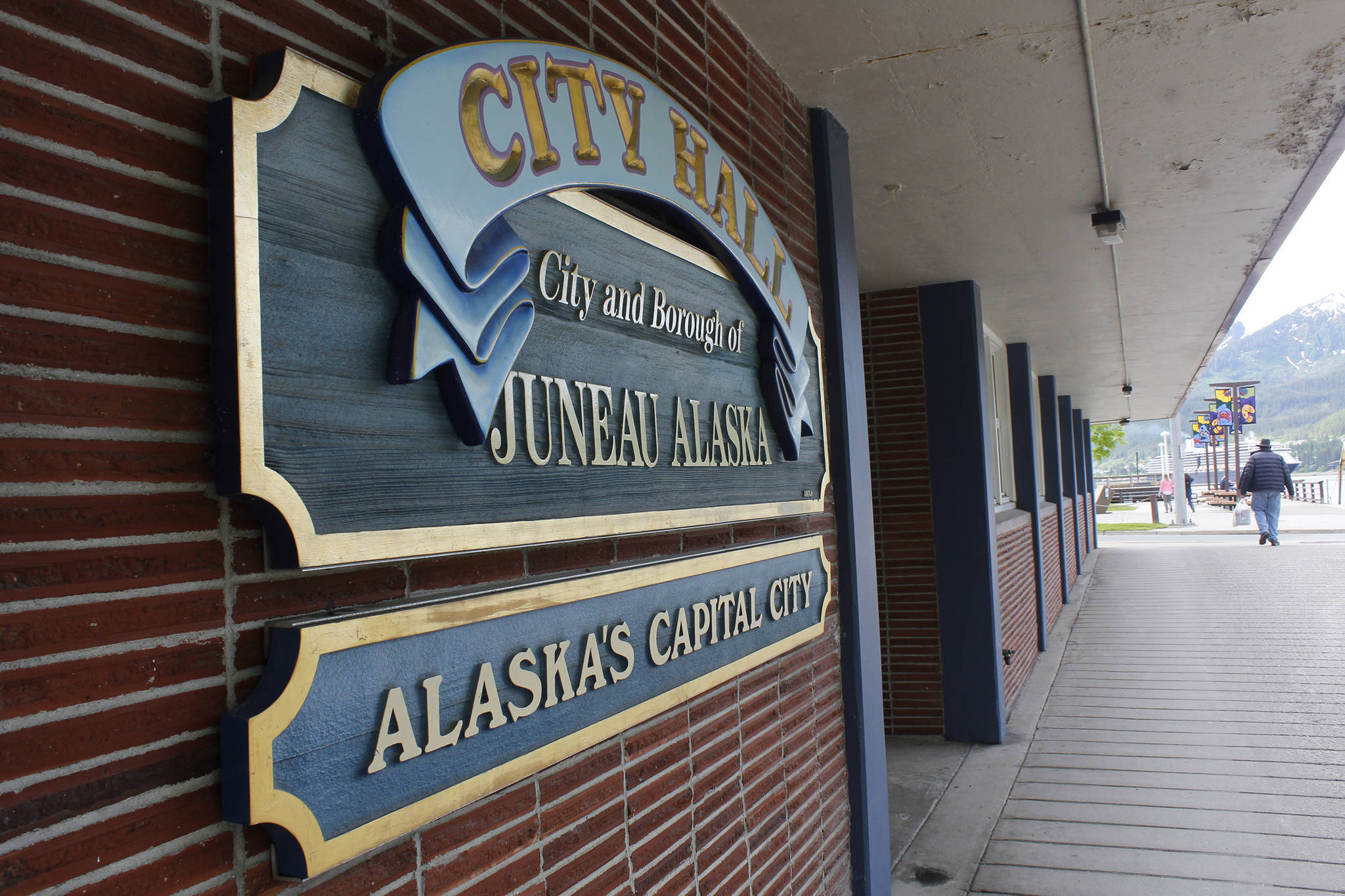Juneau’s property tax rate won’t change next year, despite both the city manager’s initial suggestion to raise it and a flirtation with lowering it, per a recommendation from the City and Borough of Juneau Assembly Finance Committee.
The proposal now goes to the full assembly for passage.
In early April, City Manager Rorie Watt proposed a .02 mill increase to the city’s 10.66 mill rate to help fund child care, a priority of Mayor Beth Weldon. On Wednesday night, the finance committee voted to keep the rate steady amid news of increasing commercial valuations and the associated increased tax revenue as well as an influx of federal money that has buoyed the city’s overall financial situation heading into the new fiscal year.
“Even as the manager worked on the budget and city departments worked on the budget this year, we had no idea that we would continue to receive as much federal support as we have, which changes the math in many ways,” CBJ Finance Director Jeff Rogers told the committee. “We also did not understand how much property valuations would grow, which changes the math, so obviously, I think the assembly is in a good position to overrule the manager.”
Finding the right rate
Assembly member Michelle Bonnet Hale suggested reducing the mill rate to 10.56 to recognize the pandemic-induced recession and the city’s overall tendency to budget conservatively and end the year in the black, creating financial reserves.
“We also have many, many needy people in our community, who could really benefit from an, albeit small, but some kind of break on their property tax,” she said.
Assembly member Wade Bryson supported the idea.
“I think this is exactly what we need to do for the citizens of Juneau. Not only does it help every single person that lives in the community, but it also helps property owners and it helps renters. It sends an incredibly positive message that, yes, we did our homework, with a budget we did everything we could to keep things tight,” he said. “We did such a good job that we can reduce the mill rate. I think that’s a spectacular message.”
As the discussion unfolded, Rogers explained that the mill reduction would save taxpayers about $10 on every $100,000 of valuation.
“If you own a $500,000 house, a tenth of a mill will cost you $50 a year. If you own a $300,000 house, it will cost you $30 a year,” he said.
City kicks off the budget-review process
Ultimately, the proposal to use the lower rate was defeated with committee members citing a variety of reasons.
“I absolutely believe it’s responsible to collect enough revenue to pay for the new thing that you’re doing, and we are doing a new thing and that’s child care,” said Assembly member Maria Gladziszewski.
Assembly member Christine Woll said she preferred a more cautious approach and investing in programs to help community members who are struggling instead of a property tax change that will “favor the wealthiest in our community.”
Long-serving Assembly member Loren Jones, who will be leaving the assembly this year due to term limits, encouraged the committee members to think long term.
“We need to keep the mill rate where it is and not cut off some of our options for future years,” he said, adding that long-term uncertainty around how the state will deal with school bonds as a potential area of concern.
• Contact reporter Dana Zigmund at dana.zigmund@juneauempire.com or 907-308-4891.

